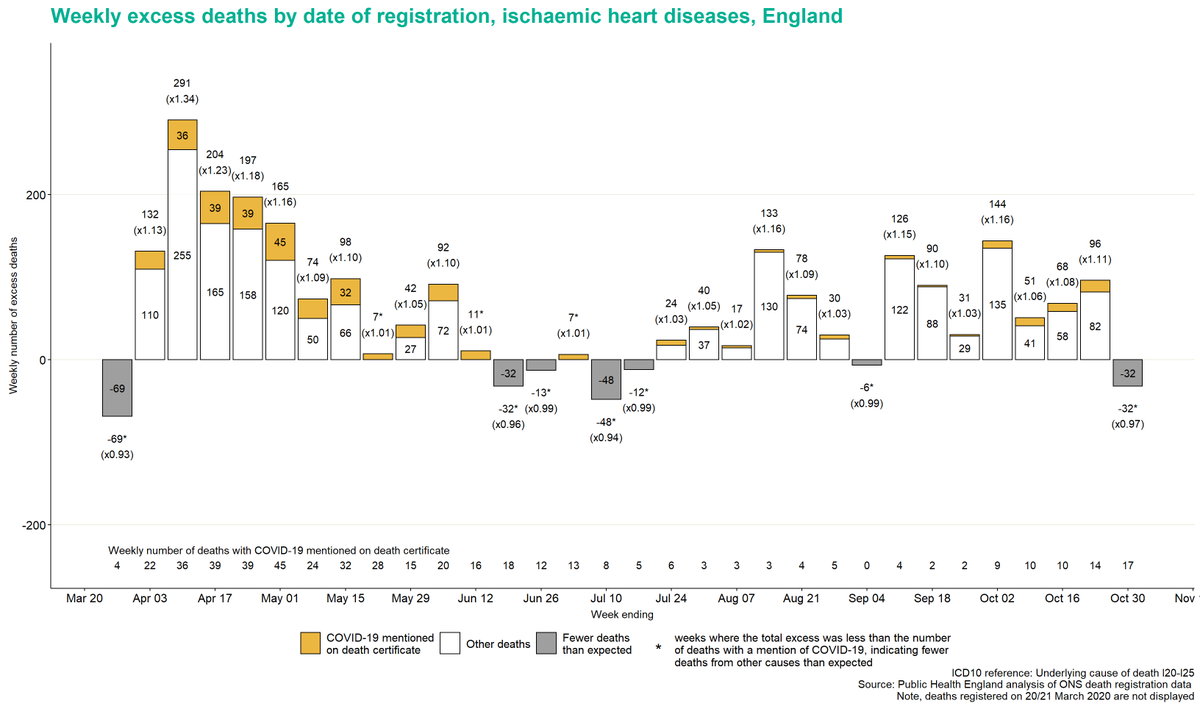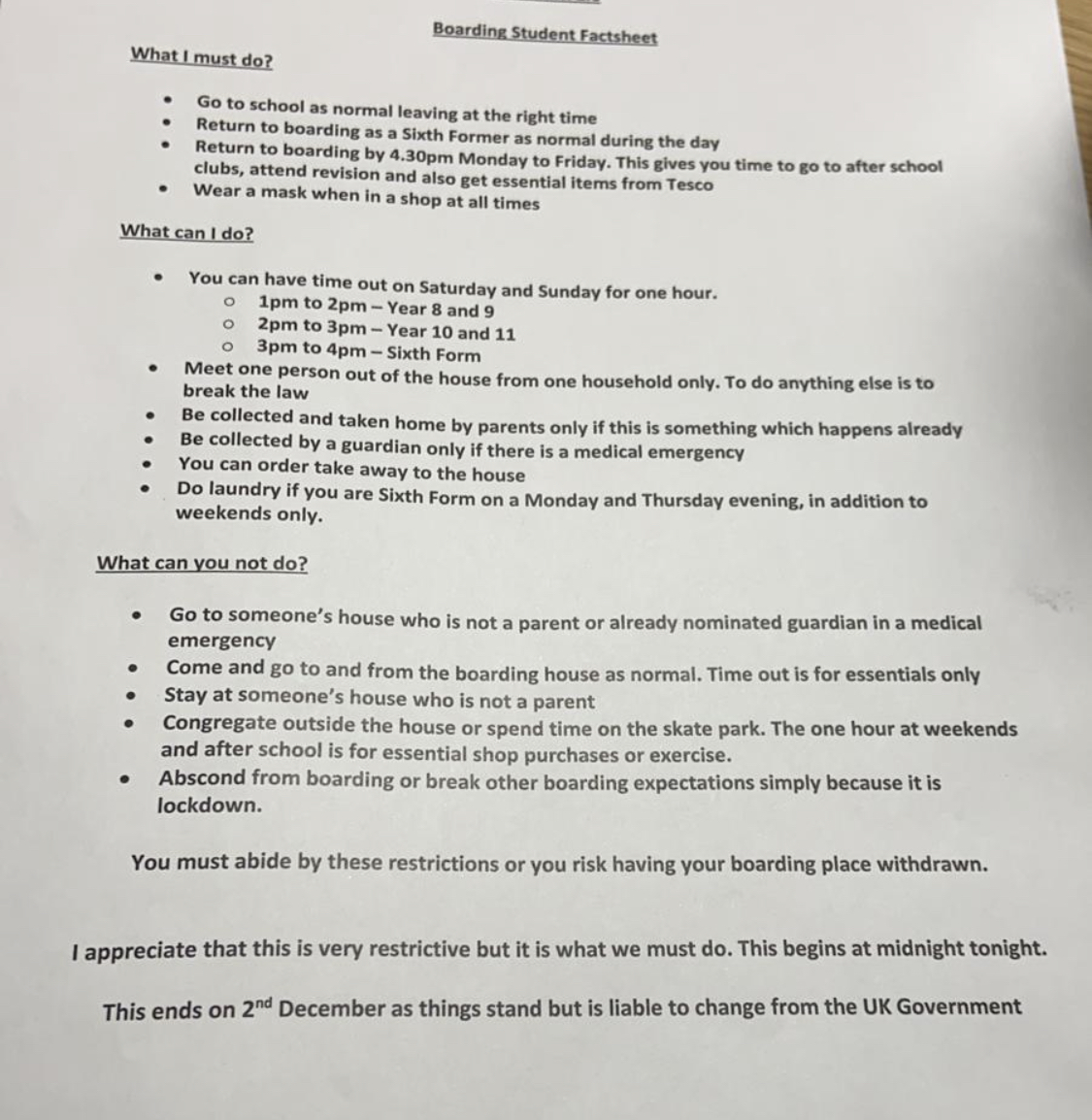
I made my submission to the @HLConstitution Committee yesterday. Here are some submissions about the WHO's pandemic advice from as recently as October 2019. In short, it does not remotely support anything approaching lockdowns. apps.who.int/iris/bitstream…
The report gave the following advice:
(1)‘Active contact tracing is not recommended in general because there is no obvious rationale for it in most Member States. This intervention could be considered in some locations and circumstances to collect information on the characteristics of the disease...
and to identify cases, or to delay widespread transmission in the very early stages of a pandemic in isolated communities.’ (P 38);
(2)The isolation of sick individuals ‘could’ reduce transmission but ‘the overall effectiveness of isolation is moderate, and combination with other interventions may improve the effectiveness.’ (P 41);
(3)‘Home quarantine of exposed individuals [who have had contact with infected cases] to reduce transmission is not recommended because there is no obvious rationale for this measure, and there would be considerable difficulties in implementing it.’ (P 47)
(4)There was ‘very low’ quality of evidence about the effectiveness of school closures, albeit that closures are recommended in a ‘severe’ pandemic where the adverse effects have been ‘fully considered’. (P 52)
(5)Workplace closures were ‘unlikely to be feasible’ (p55), only recommended in ‘extraordinary severe pandemics’, quality of evidence was ‘v low’ (p55); study only recommended such measures for ‘selected workplaces’ (p 55)&did not consider closing whole categories of workplaces;
(6)There was a ‘very low overall quality of evidence on whether avoiding crowding can reduce transmission of influenza’ (p 58) and, although avoiding crowding was recommended ‘during moderate and severe epidemics and pandemics’,...
...this was only in relation to ‘large’ meetings, religious ‘pilgrimages’ (not all collective worship), ‘national events and transportation hub locations’ (p 59);
(7)Internal travel restrictions were only ‘conditionally recommended during an early stage of a localised and extraordinarily severe pandemic for a limited period of time....
...Before implementation, it is important to consider cost–effectiveness, acceptability and feasibility, as well as ethical and legal considerations in relation to this measure’ (p 65, emphasis added) and the overall quality of evidence in support was ‘very low’ (p 66); and
(8)No recommendation was made to close or restrict cafés, bars or restaurants. Or even nightclubs.
All of the above measures, many of which are only conditionally recommended on low evidence, fall far below the extraordinary restrictions imposed in 2020.
All are targeted – at infected individuals, potentially infected (albeit their isolation is not recommended), individual workplaces, very large gatherings, localised areas of infection, etc. None envisage restrictions affecting all businesses of a particular category.
It is reasonable to assume that the authors of the WHO Report and the 2011 Strategy – and, perhaps, any pandemic planners in any free country before 2020 – did not even contemplate the wholesale proscription of all collective worship and protest...
...or the restriction of even intimate social interaction, including in the home, let alone requiring the entire population to remain at home on pain of arrest.
As an aside, while pandemic planning has been focussed on pandemic influenza, there is minimal if any evidence to suggest the transmission of different respiratory viruses is any different,even if their virulence and infectiousness will vary(as it does in different forms of flu);
...albeit that one difference is that children and young people are at lower risk from C19 than they are from flu.
It should also be noted that the report observes the low or very low evidential basis even for some of its recommendations.
It goes without saying that research into the efficacy of these - let alone much more extreme - social distancing measures did not blossom between October 2019 and March 2020.
Since then, however, it has been possible to research, to a limited extent, the possible impact on the extreme measures implemented this year-which has been treated by governments as the Year Zero of pandemic responses, where all historical experience and planning was set aside.
There is no sound evidential basis for the efficacy of these policies. They have never been used before 2020, they would appear not to have had any impact on the peak of infections and, as an article in the Lancet concluded after a review of international evidence:
"… government actions such as border closures, full lockdowns, and a high rate of COVID-19 testing were not associated with statistically significant reductions in the number of critical cases or overall mortality."
(thelancet.com/journals/eclin…)
(thelancet.com/journals/eclin…)
Yet lockdowns kill. They kill people (see excess deaths from heart disease below), without saving them (see Wood, Edinburgh University (arxiv.org/abs/2005.02090) and Homburg (advance.sagepub.com/articles/Comme…
on-pharmaceutical_interventions_on_COVID-19_in_Europe/12479987));...
on-pharmaceutical_interventions_on_COVID-19_in_Europe/12479987));...

They, not pandemics, kill economies. Pandemics in 1957/58 and 1968/69 were responsible for a similar number and far more fatalities respectively (in relative and in, the latter, absolute terms) than the deaths ascribed to Covid-19.
Gross domestic product rose in each of the four years affected (1957/58 and 1968/69) and the absence of economic consequences demonstrates both that the depression this year has been caused by lockdowns, not the pandemic;
...and the consequences of that depression (to public health as much as to people’s jobs and quality of life) could have been avoided.
(Sources:
33,000 UK deaths from ‘Asian Flu’ in 1957/58; UK population then 51.5 million (now 67.8 million), equivalent to 43,450; 80,000 deaths from ‘Hong Kong Flu’ in 1968/69 out of a population of around 55.3 million, equivalent to 98,000; Sources: belfasttelegraph.co.uk/news/uk/histor…;
33,000 UK deaths from ‘Asian Flu’ in 1957/58; UK population then 51.5 million (now 67.8 million), equivalent to 43,450; 80,000 deaths from ‘Hong Kong Flu’ in 1968/69 out of a population of around 55.3 million, equivalent to 98,000; Sources: belfasttelegraph.co.uk/news/uk/histor…;
...macrotrends.net/countries/GBR/…; web.archive.org/web/2011062918…
GDP: 1957, 2%, 1958, 1.3%, 1968, 5.5%, 1969, 1.9%: ons.gov.uk/economy/grossd…
GDP: 1957, 2%, 1958, 1.3%, 1968, 5.5%, 1969, 1.9%: ons.gov.uk/economy/grossd…
And, by encouraging people to think of it and their democratic rights as optional extras, they kill freedom.
• • •
Missing some Tweet in this thread? You can try to
force a refresh



